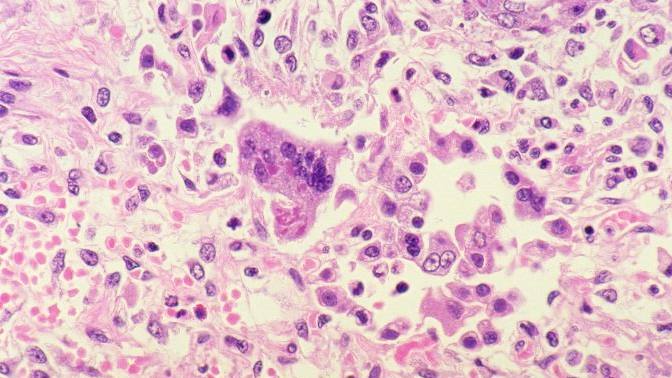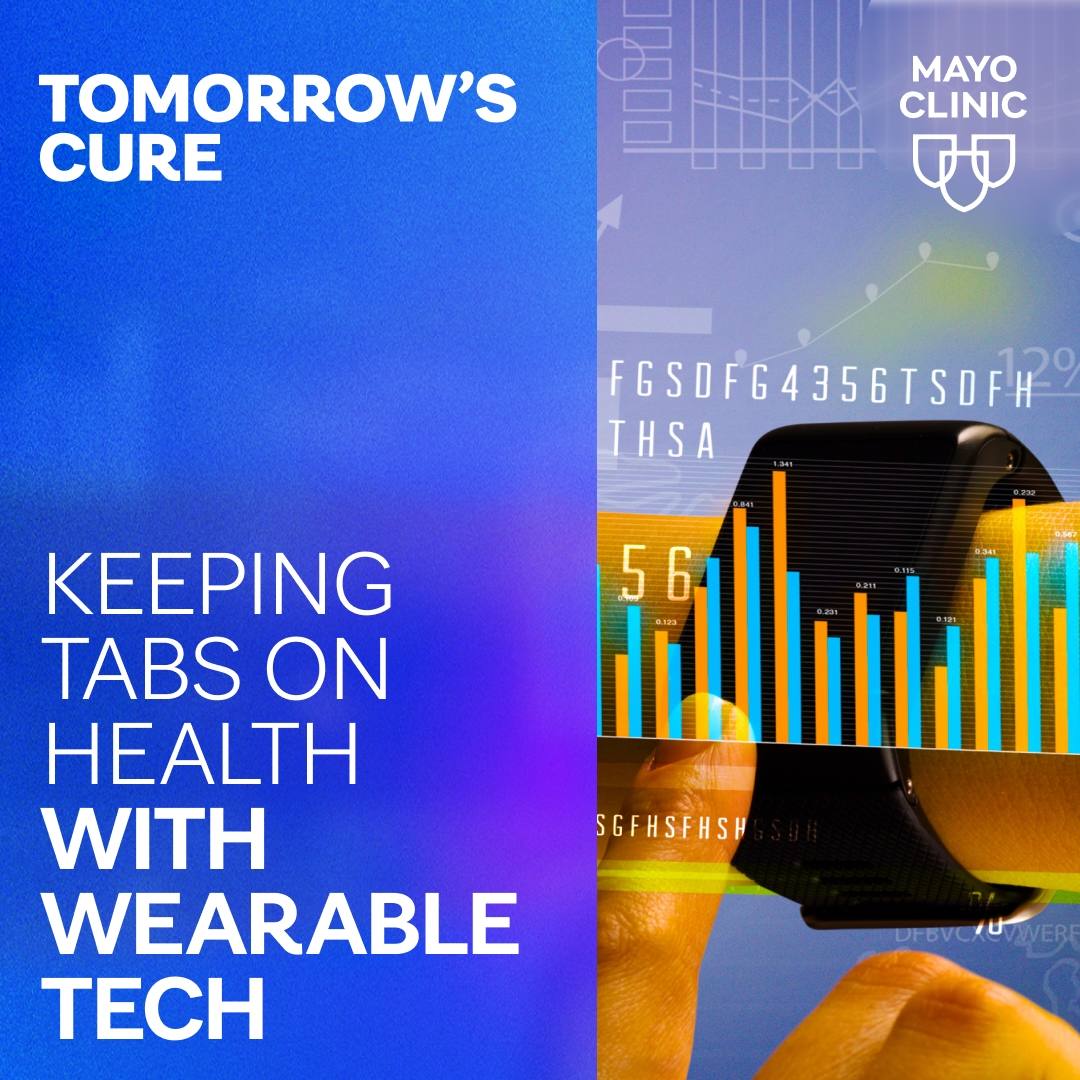Measles is a highly contagious viral infection that spreads through coughing or sneezing. "It's one of the most contagious infectious diseases," says Dr. Nipunie Rajapakse, a Mayo Clinic pediatric infectious diseases specialist. "Measles infection is spread through the airborne route, which means you have to inhale the infectious virus. And because it is very tiny droplet nuclei, those can remain suspended in the air for up to two hours after someone with measles has left an area."

"It is one of the factors that makes measles so contagious and so prone to creating outbreaks when there is a case," says Dr. Rajapakse. "You can become infected with measles, even if you don't come face to face with someone who is infected. It is why vaccination is so important. You can't control who was in the airspace before you, so having a good level of immunity is critical to staying protected."
Watch: Dr. Nipunie Rajapakse explains how measles spread.
Journalists: Broadcast-quality sound bites with Dr. Nipunie Rajapakse are in the downloads at the end of the post. Please "Courtesy: Mayo Clinic News Network."
Symptoms of measles include:
- Fever
- A skin rash made up of red flat blotches, often starting on the head and spreading downward
- Dry cough
- Runny nose
- Sore throat
- Inflamed eyes (also known as conjunctivitis)
- Tiny white spots with bluish-white centers on a red background found inside the mouth on the inner lining of the cheek — also called "Koplik's spots"
Complications may include ear infection, pneumonia and encephalitis, which can result in permanent brain damage. Each year, for every 1,000 children who get measles in the U.S., the Centers for Disease Control and Prevention (CDC) reports 1 or 2 children will die.
Measles can be prevented with the measles, mumps and rubella vaccine, also known as the MMR vaccine. The CDC recommends the MMR vaccine for all persons 1 year and older. During outbreaks or if traveling to an area where measles is common, children 6–12 months old may be eligible to receive an early dose of the vaccine for protection.
If you haven't been vaccinated, Dr. Rajapakse says it's not too late. "If you are an adult and you've never been vaccinated, there are catch-up schedules to get all of the recommended vaccines for your age group."
If you're not sure if you've been vaccinated, Dr. Rajapakse recommends checking with your primary care provider.







